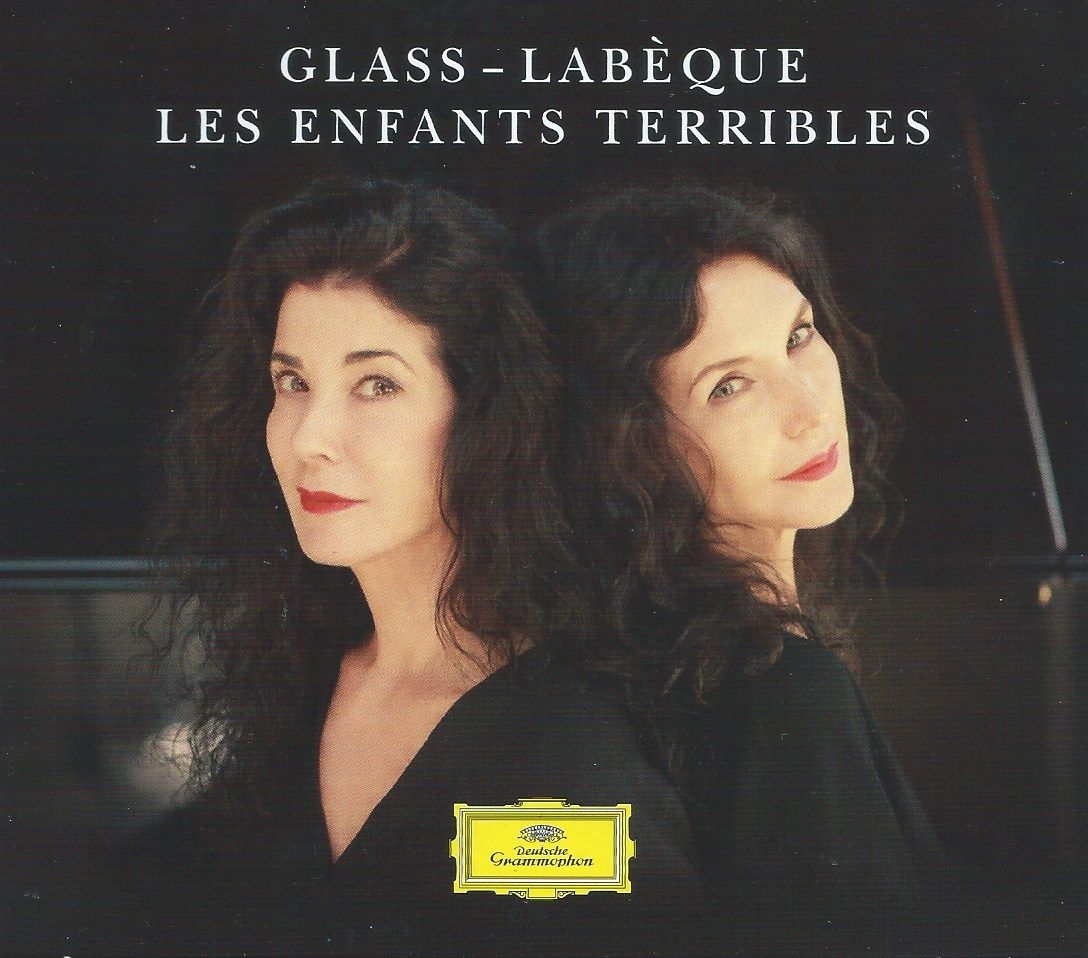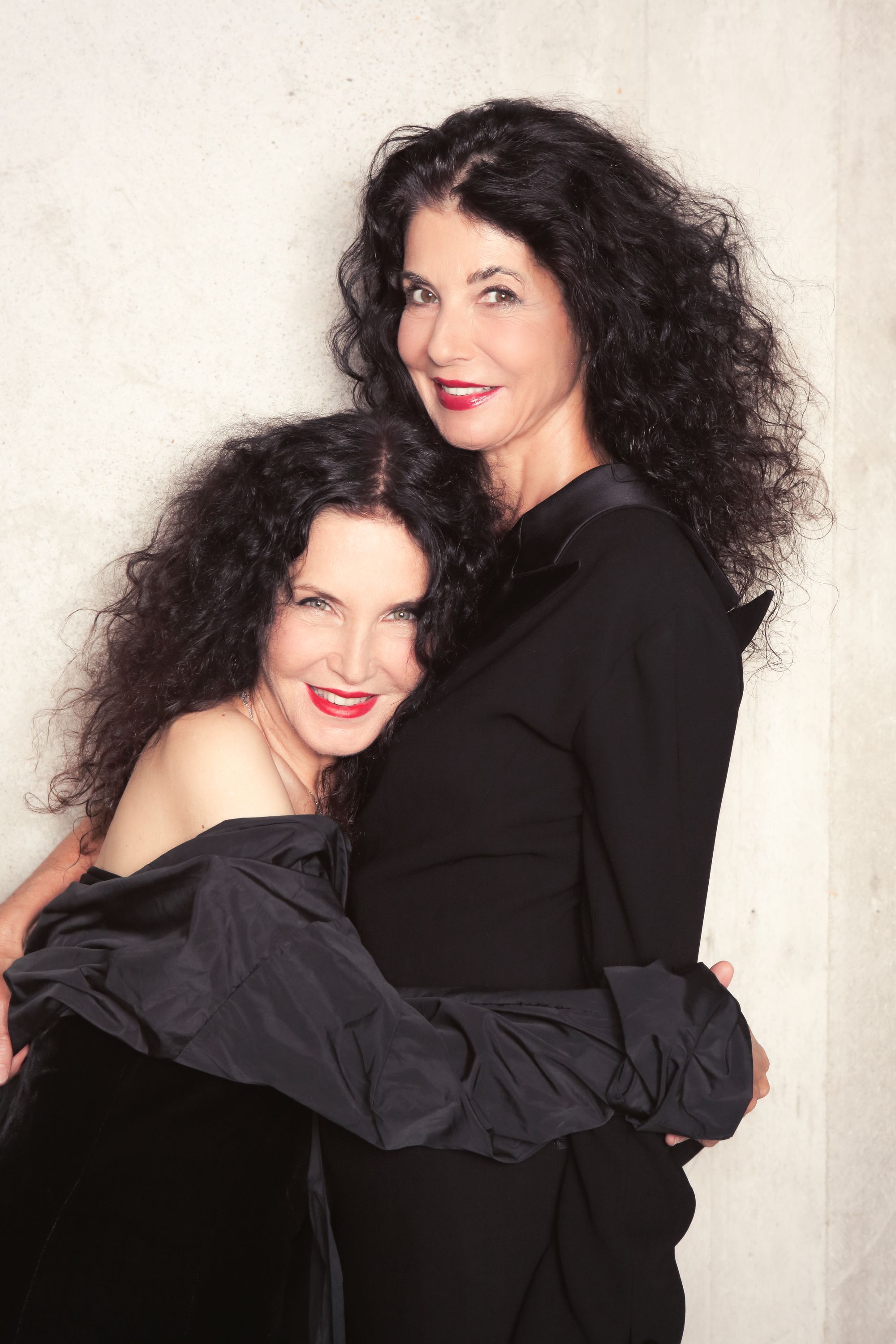Les Enfants terribles: the haunting music of Philip Glass
Glass' music is unique, and here to stay

Taking its title from Philip Glass' 1996 "danced chamber opera" Les Enfants Terrible, this is a project that originated in March 2020. Long-time Glass collaborator Michael Riesman created an arrangement of the music in suite form for two pianos; in addition, thre are some videos by Ronan Day-Lewis that one can enjoy - as we will below. Glass' music is mesmeric; in many peoples' minds (including mine) he is the epitome of minimalism, repeated fragments that change subtle over time and create something of an hypnotic effect, partially because of the somewhat "neutral" harmonies Glass employs. But first, let's hear from Day-Lewis about the project:
Before shooting, I read the Cocteau novel Les Enfants Terribles, which inspired Philip Glass’s music for these pieces, and found it a transcendent experience. I connected deeply with the subject matter of these two lost souls isolated in a world of their creation. As well as the current relevance of the story to our collective isolation in the midst of a global pandemic, I was drawn to its themes of the difficulty of leaving childhood behind, and the dangers of clinging to a paradise already lost, or one that was never really there. The book seemed to hint at something sublime. I started to feel that it contained all the ethereality and bodily reality of the human condition, the desperate fragility of life condensed into 193 pages. Cocteau’s poetic vision, combined with Philip Glass’s music interpreted entrancingly by Katia and Marielle Labèque, cast a spell over me which made it easy to disappear into the world of the holy terrors.
The videos, below, star Lena Christakis and Rocco Rinaldi-Rose:
.. or if you prefer to see the artist at work, here is Katia Labèque playing "Lost"
To understand how powerfully poignant Glass' music can be, let's just hear one segment, the "Terrible Interlude". Listen to how the emphasis here is on Glass' harmonies, deliberately non-directional and therefore meditative (this excerpt is a full eight minutes):
The Labèque sisters, Katia and Marielle, have over their career, galvanised the world of piano duo and duet. Live, they exude an incredible energy, and that energy comes across full force in this recording.

It is rare to hear them individually (although Katia has been active as a chamber player, as well as jazz musician, in her own right: I heard her live with violinist Viktoria Mullova at the Queen Elizabeth Hall, and much of that recital is duplicated on their duo disc on the Onyx label, linked below). But here we do get to hear them in turn. Marielle first, with Glass' Etude No. 17 for solo piano:
When it comes to Etude N0. 20, we get to compare Katia Labèque with another magnificent pianist, Vikingur Olafsson (he of the Debussy and Rameau disc we covered previously on Classical Explorer). Here they are, head-to-head:
It's an almost impossible task to choose between them. Personally, I prefer the slightly more objective Olafsson; but I would not want to be without both!
Glass' compositional techniques allow him to compose either on a small canvas (the Etudes, for example) or an vast scales (the operas Einstein on the Beach, Satyagraha, Akhnaten, to name but three). He is surely the most prolific loving composer of operas, while the astonishing, one hour 21 minute film from 1982, Koyaanisqatsi (a Hopi word with various meanings about the state of a life - that are listed on-screen at the opening of the video of the complete performance below):
The compact disc version of Koyaanisqatsi linked below is currently discounted; here, for good measure, is a hyperlink to my review of that film, seen as part of a Philip Glass Total Immersion weekend in January 2017. There's also a purchase link below provided to DG's Minimalist Dream House, which would provides a fine next stop for anyone embarking on a journey into the world of minimalism.
Glass' music is unique, and here to stay. The Glass - Labèque DG disc offers an ideal introduction to his soundworld, while providing a high class experience for afficionados.
